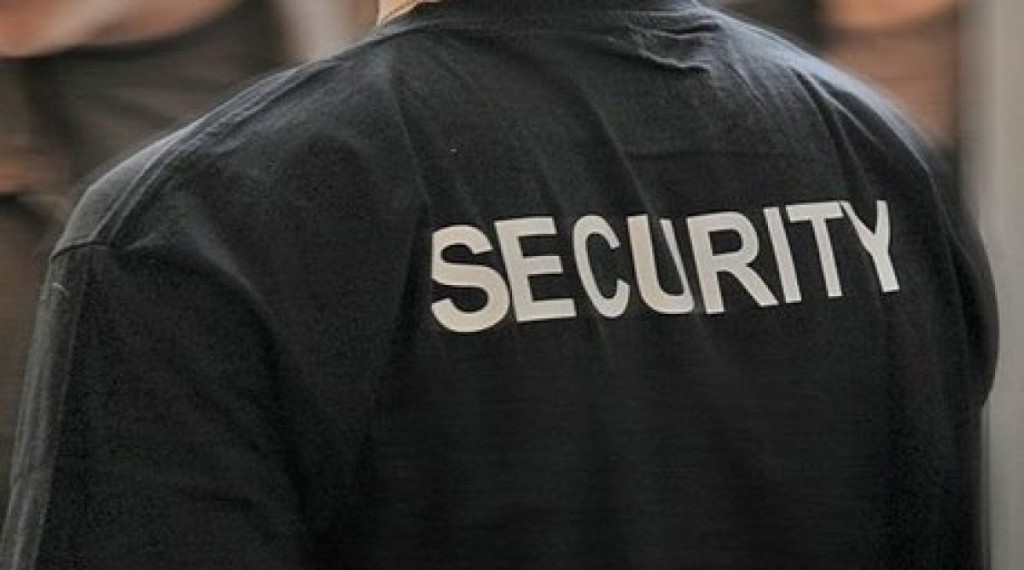Humphries vs. New York-New York Hotel & Casino, LLC (Nev. Supreme Ct. – Oct. 5, 2017)
This case deals with a patron that seeks to hold a casino civilly liable for injuries they suffered during an altercation with another patron on the casino floor. NRS 651.015 precludes such liability unless the wrongful act that caused the injuries was foreseeable. The statute further provides that a wrongful act is not foreseeable unless the owner or innkeeper failed to exercise due care for the safety of the patron or other person on the premises or had notice or knowledge of prior incidents of similar wrongful acts on the premises. In this case, the district court granted summary judgment in favor of the casino, finding that the casino did not owe a duty to the patrons pursuant to NRS 651.015 because the casino had no “notice or knowledge” the other patron would assault the patrons.
Humphries and Rocha were walking through New York-New York Hotel & Casino’s (NYNY) casino floor at 3:50 a.m. Humphries exchanged pleasantries with a woman who was accompanying another casino patron, Ferrell. Ferrell began conversing with Humphries and allegedly made a vulgar comment to her. Humphries responded and made a spitting motion towards Ferrell and then turned to walk away. Ferrell attacked Humphries, hitting and kicking her multiple times, and allegedly throwing her into a slot machine. Rocha, who was playing a slot machine when the attack began, attempted to intervene and was also hit by Ferrell.
Continue reading “When is a hotel liable for the wrongful acts of a third party?”


